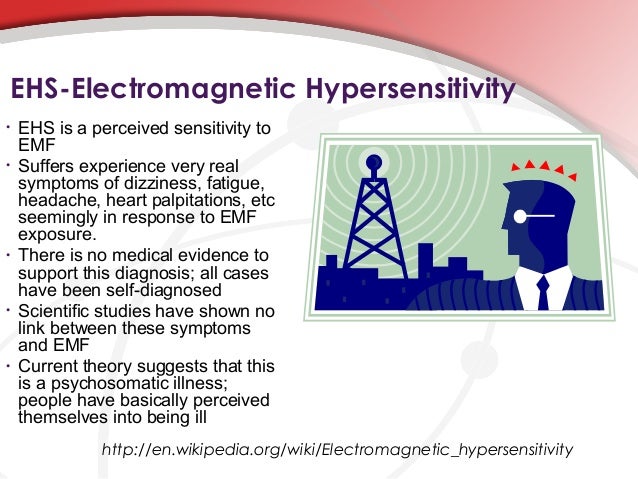EMF sensitivity (EMF sensitivities) is a condition in which a person has a strong sensitive to electromagnetic fields that surround him. It is not restricted to situations that do not have electrical current, but it can affect those who have an open circuit or are in contact with electromagnetic field for extended periods of time. The Environmental Health Center Dallas has a thorough understanding of the reasons behind EMF sensitivity, and is able to assist patients with the symptoms. The center is able to conduct tests to determine whether the patient is susceptible to EMF exposure. This can be done with the latest technology to measure heart rate variability.
I.E.-EMF sensitivity is a sign of exposure to emf
Electromagnetic pollution and its resulting electromagnetic fields have been linked to the onset of many of ailments. The signs are usually difficult to recognize and some individuals have reported a range of symptoms. These may be a result of pre-existing health conditions or as a reaction to stress caused by the prospect of exposure to high levels of electromagnetic fields. Whatever the reason these symptoms can be debilitating for individuals who experience them. However the scientific community is yet to determine how widespread the IEI EMF sensitivity syndrome and how widespread it is.
It is not a symptom of electrohypersensitivity
While the symptoms of electrohypersensitivity and EMF sensitivity are similar, there are some key differences. emf sensitivity is frequently misunderstood and symptoms can vary widely. It is important to get an accurate diagnosis in order to determine the root cause and possibilities for treatment.
It is not a sign of EHS
Although EMF sensitiveness isn't an underlying symptom of EHS but it is commonly associated with the disorder. In emf sensitivity , some studies have suggested that the condition is related to environmental factors and genetics instead of a particular physical issue. Yet, more research is needed to draw definitive conclusions.
It can be confusing
The symptoms of EMF sensitivities can be confusing. The majority of EHS sufferers aren't able to think their symptoms stem from an individual source. They seek medical help however are unable to identify a cause for their condition. The result is that they might have some sort of mental disorder, and leads to an increase in feelings of helplessness and anxiety.
It can be terrifying
Electromagnetic fields or EMFs, can be terrifying. People have reported unpleasant symptoms when they are exposed to these electromagnetic fields, which are generated by devices such as Wi-Fi routers and mobile phones. The symptoms may vary in severity, and in extreme cases, individuals are forced to stay away from electric devices and fluorescent lighting. In extreme cases, people might be forced to withdraw from the modern world and be isolated in communities that are known by the name of "EMF-free zone".
It may aid in production of melatonin.
A single of the important hormones in the body, melatonin, is synthesized in the pineal gland. It is implicated in many biological functions, such as circadian rhythm regulation. But its function as a factor of protection from non-ionizing fields of electromagnetic radiation has been questioned, largely due to inconsistency with the results of different studies. Our understanding of this hormone's protection mechanisms is largely based upon our knowledge of the mechanism through which it acts to shield the body against the oxidative stress caused by RF/ELF exposure.
It can help with changes in the autonomic nervous system.

Several studies show that EMF sensitivity can affect the nervous system of autonomic control. People suffering from the condition may have altered autonomic responses and may experience digestive issues. There are emf sensitivity who have trouble digesting food properly or may be ill after eating a small meal. Other patients may experience fluctuations in their body temperature and have heat intolerance. These conditions are usually secondary to other health conditions including diabetes.
